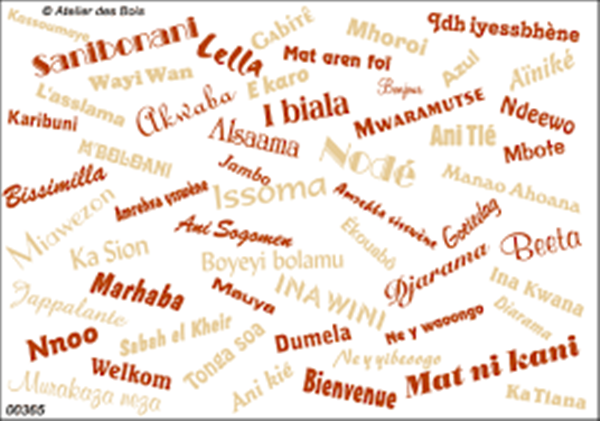Proofreading refers to a writing process that involves experts inspecting a written document in order to identify and rectify grammar, punctuation, spelling and vocabulary errors. It holds the very last step/position in the writing process. However, just because it comes last, does not mean that it is the least important. Proofreading is a very important element of producing a great written document, and it takes a wealth of knowledge and patience to proofread effectively.
Here are some of the insights that a professional proofreading process involves:
Proofreading generally involves one main objective and that is to ensure that a written document is absolutely perfect in terms of grammar and vocabulary. In order to achieve this, the proofreaders verify accuracy in the following areas:
- Sentence structure
- Formatting
- Spelling
- Grammar
- Punctuation
- Capitalization
- Consistency
- Numbers
Tips for proper proofreading
Whether you are writing a magazine article, a college essay or an email to a client, getting your text free of mistakes is essential. The spell checker helps, but it is far from full proof. That is where proofreading comes in. Check below for tips and techniques on how to make your proofreading sessions more effective:
- Concentration is key
If you’re going to spot mistakes, then you need to concentrate. That means getting rid of distractions and potential interruptions. Switch off the cell phone, turn off the television or radio and stay away from emails.
- Put it on paper
People read differently on screen and on paper, so print out a copy of your writing. If you read aloud, your ear might catch errors that your eye may have missed.
- Watch out for homonyms
Homonyms are words that share the same spelling or punctuation, but have different meanings. Switching right with write, wait with weight, accept with except or complement with compliment could be disastrous, so pay attention to them.
- Watch out for contractions and apostrophes
People often mix their and they’re, its and it’s, your and you’re and so on. If there is something that can hurt the credibility of your text, it is a similar mistake. Also, remember that the apostrophe is never used to form plurals.
- Check the punctuation
Focusing on the words is good, but do not neglect the punctuation. Pay attention to capitalized words, missing or extra commas, periods used incorrectly and so on.
- Read it Backwards
When writing we usually become blind to our own mistakes since the brain automatically “corrects” wrong words inside our sentences. In order to break this pattern you can read the text backwards, word by word.
- Put emphasis on the numbers/values
Stating that the value of a purchase was $20,000 instead of $200,000 is definitely not the same thing. What about the population of Uganda, is it 44.27 million or 44.27 billion? Make sure your numbers are correct.
- Get someone else to proofread it as well
After checking all the previous points, do not forget to get a colleague or a friend to proofread it for you. You will be amazed at the mistakes you’ve missed. Your colleague will also be in a better position to evaluate whether the sentences make sense or not.
Can you do proofreading of your own work?
I would advise you not to rely fully on your own proofreading. This is because you were tirelessly involved in the creation process of the document and no matter how many times you check it, there will consistently be some errors that you miss. Your eyes may see what’s on the page but your brain will interpret what it wants or expects to read, yet in reality, it is not always actually there. As a result of this, it often takes virgin eyes to identify all mistakes in a document.
All in all
It’s advisable for you to opt for a qualified proofreader from a professional translations company (such as Translate 4 Africa Ltd) with an advanced knowledge of vocabulary, spelling, grammar, and punctuation. This will, therefore, be ideally placed to add value to your written document and make it shine in a manner that you couldn’t achieve yourself.





